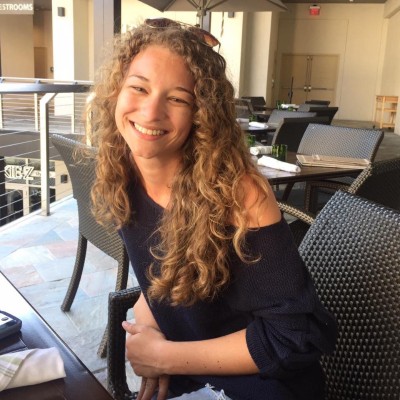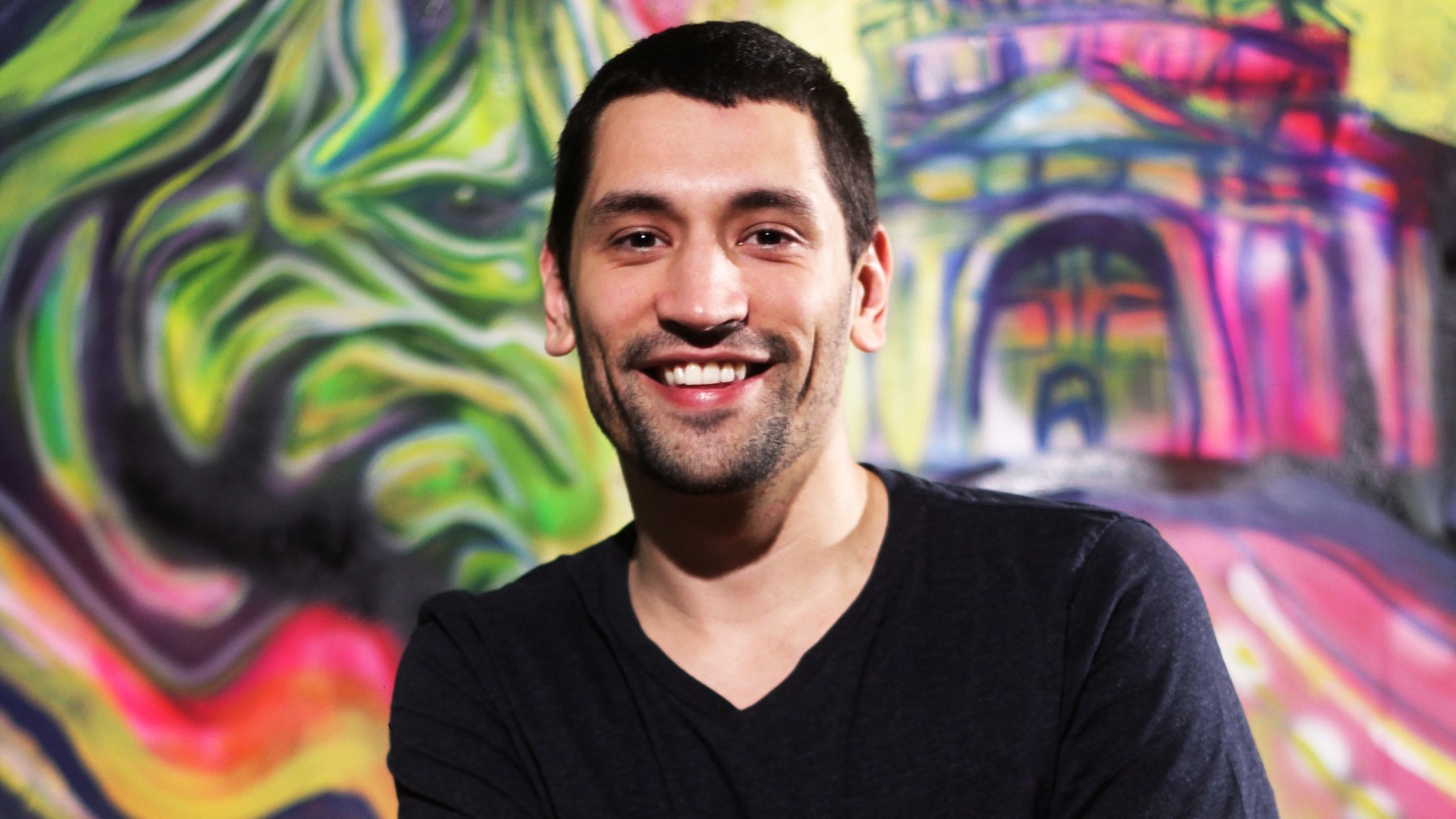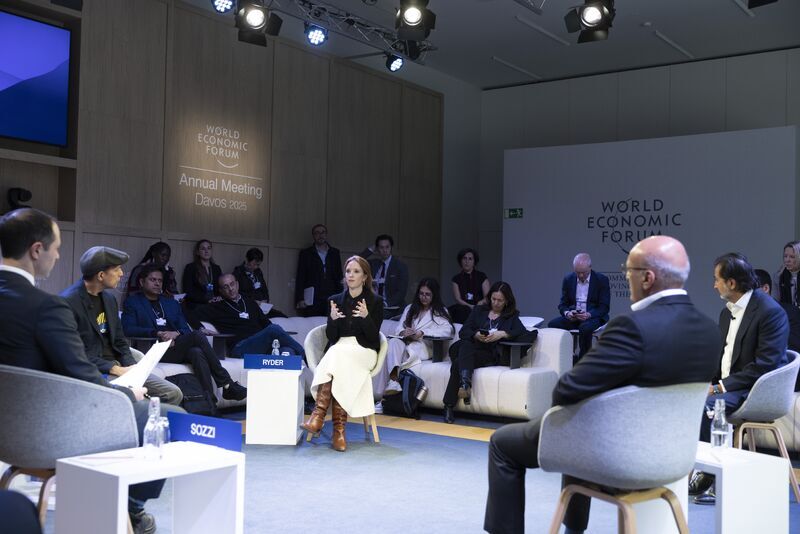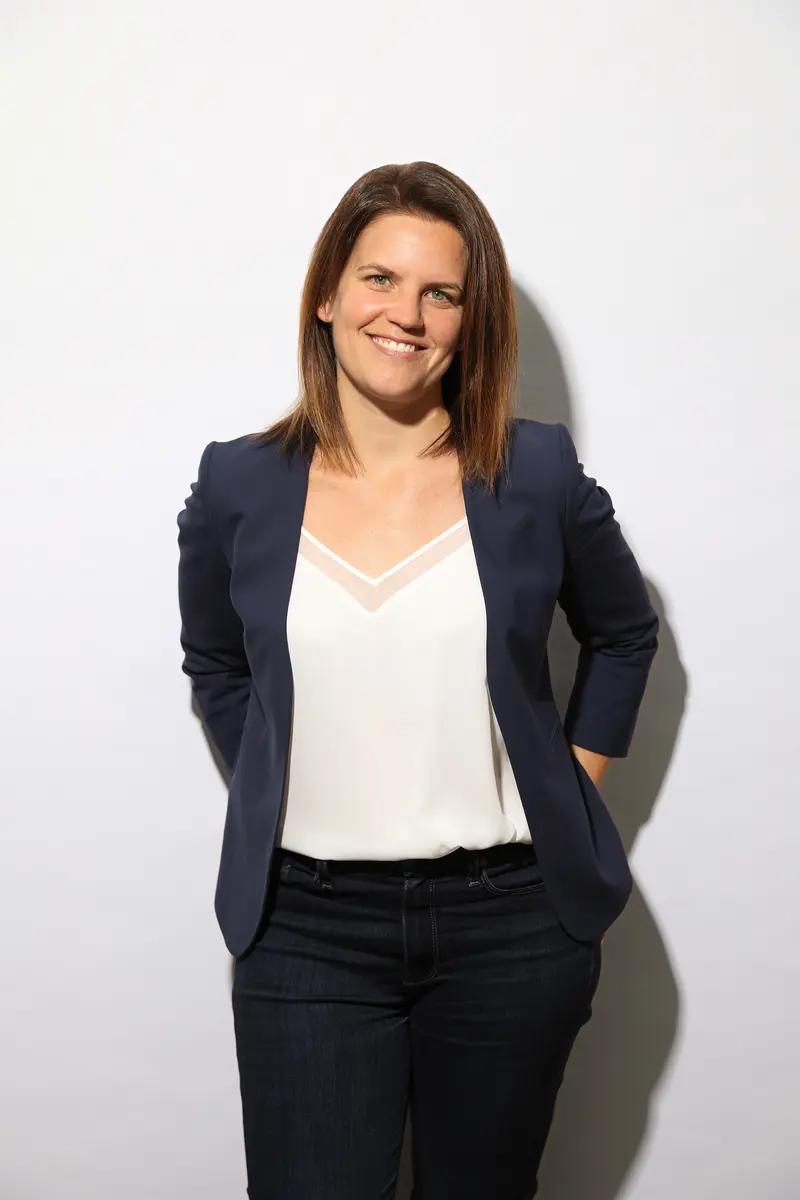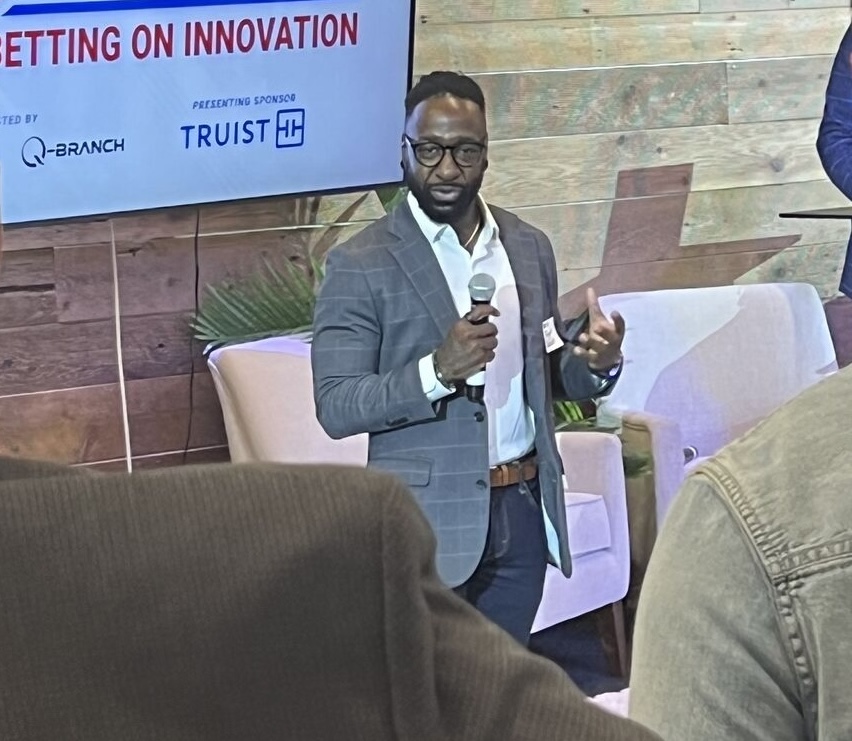Rappi, a Colombian delivery app, was founded in 2015 by Simón Borrero, Felipe Villamarín and Sebastián Mejía.
While food delivery services existed, the founders differentiated themselves with a "super app" strategy to deliver not just meals but practically anything. This approach helped Rappi become one of Latin America's largest startups, which has earned unicorn status with a valuation of more than $5 billion.
Today, it has made its way into 60 cities in Colombia, as well as spreading to other countries, such as Argentina, Brazil, Chile, Costa Rica, Ecuador, Mexico, and more.
The app was named one of Time magazine's most important companies, a recognition that underscores its impact on the growing Latin American market.
Early Years
Rappi was founded in 2015 in Cali, Colombia by two high school friends, Simón Borrero and Sebastián Mejía, with their third co-founder, Felipe Villamarín, joining later.
After parting ways after high school, Mejía went to a university in Spain before pursuing finance in New York City, while Borrero attended university in Bogotá and developed Imaginamos, a software studio in Colombia.
In 2013 the friends came back together and began toying with the idea of creating a new grocery delivery startup called Grability, an idea Borrero had in college.
“The story of Rappi is more of a story of mindset, perseverance and growing with the business,” Borrero told “A Product Market Fit Show.” “More so than a particular set of skills that we had at the beginning.”
Founding Rappi
At Grability, Borrero and Mejía identified a larger opportunity in the on-demand delivery market.
They launched Rappi as a hyper-local experiment in a five-block radius, using bicycles for speed and adding restaurants without permission to prove overwhelming demand. This bold approach allowed them to capture vital market niches and fend off giants like UberEats.
Its key differentiator was a blank box where users could request anything for delivery, leading to unexpected services like dog-walking and prescriptions.
As the startup grew, they began to focus more on user satisfaction, finding the main frustration was with the delivery logistics.
“We then decided to start an experiment in which we leveraged on our UI mixed with crowdsourced last mile logistics,” The group told Y Combinator. “Started in a small neighborhood with the inventory of a small mom n’ pop shop. The experiment never ended.”
Rappi's innovative model was clear from its signature feature: a blank box allowing customers to request delivery of anything.
This led to unexpected services, most notably secure cash withdrawals. For a fee, users with credit cards could order cash delivered directly to them—a valuable service in a region where visiting ATMs can be unsafe. This service alone constitutes about 5% of Rappi's transaction volume.
Thanks to Rappi's early investment in building a vast, proprietary network of couriers on bicycles and motorcycles, they were able to solve the last-mile logistics problem and positioned itself as Latin America’s “everything app.”
Greater Impact
Over the years, the co-founders have pushed to make a positive societal impact with their product.
“Our business model is an inclusive model that benefits all the stakeholders that are part of it,” they told Y Combinator. “Users get back their time to enjoy what they like the most, while they can also get anything they need from their city in a couple of clicks, in the comfort of their homes or work.”
They also point to their couriers, who now have the option to have incremental income in their free time, as well as helping their partner stores enter the world of e-commerce.
“When you join Rappi you enter a very hard working, intellectually challenging environment where logos and CVs have no importance,” they went on to say. “Execution, results, great user feedback, courier satisfaction are the things that matter.”

